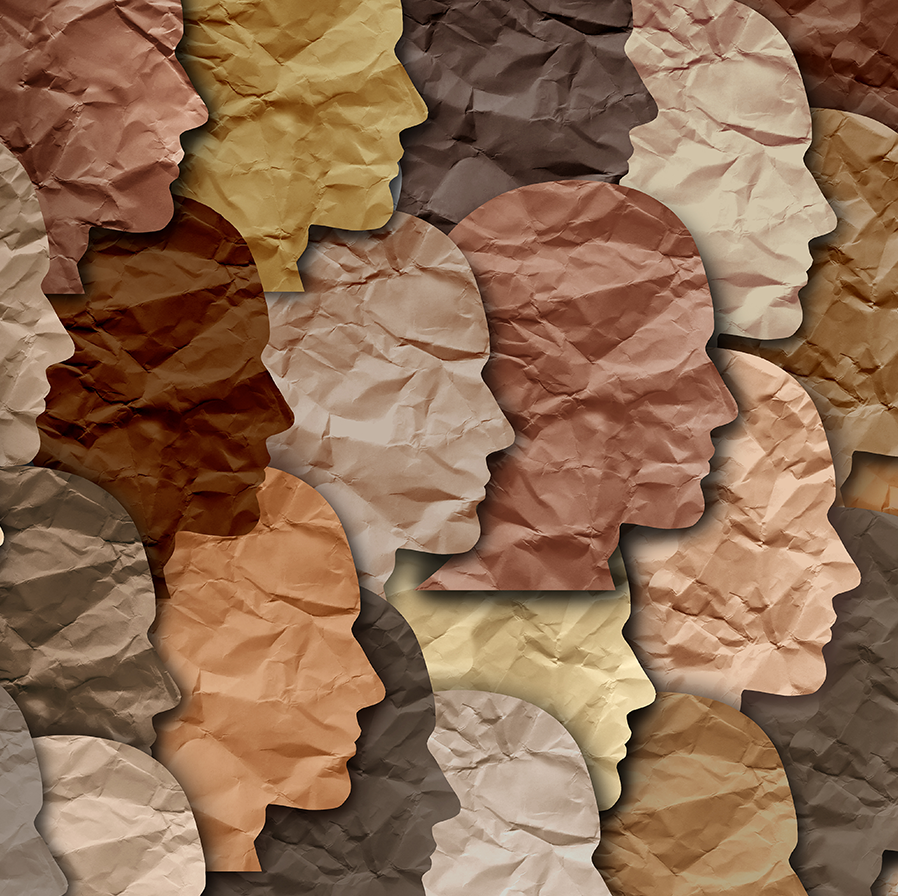BIPOC is an acronym that stands for “Black, Indigenous and People of Color.”
The term was recently popularized to convey a shared identity among marginalized ethnic groups while also acknowledging that struggles and histories vary vastly between races. In the United States, non-immigrant Black people were brought to the country against their wills and enslaved, while Indigenous people experienced a genocide in the hands of colonizers. Meanwhile, people of color, which includes Latinx people, Persians and Asians, generally arrived to the United States in the 19th and 20th centuries as immigrants.
BIPOC is meant to replace the umbrella term “POC”, which is often used to refer to all people who are non-white, and is considered by some to be reductive.
The sudden popularization of the term caused initial confusion on social media, where some assumed that the acronym stood for “Bisexual People of Color.”
no BIPOC does not stand for bisexual person of color !!!!
— nolan blake (@nolanblakeyboy) June 24, 2020
Although the term BIPOC existed in academic and activist circles before, it has only recently been accepted in mainstream online lexicon. The BIPOC Project, a non-profit created in 2018, describes its mission to be to “build authentic and lasting solidarity among Black, Indigenous and People of Color (BIPOC), in order to undo Native invisibility, anti-Blackness, dismantle white supremacy and advance racial justice.” Such uses of the term suggest that “BIPOC” creates the language to describe for solidarity among non-white people in a more targeted and specific manner.






